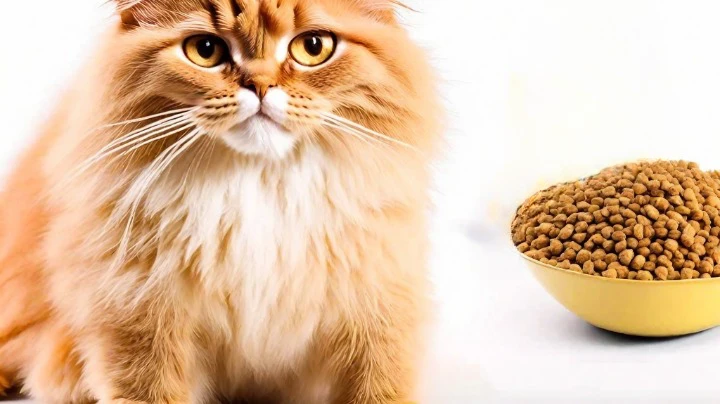Persian Cat Nutrition and Feeding Guide: Diet Tips for Healthy Persians

With their long, luxurious coats and sweet faces, Persian cats are undeniably adorable. As a Persian cat owner, you want to keep your furbaby looking and feeling their best. An important part of this is feeding them a nutritious diet tailored to their unique needs. Read on for a complete guide to Persian cat nutrition and the best diet for your fluffy friend.
Specific Nutritional Needs for Persian Cats
As purebred pedigree cats, Persians have some specific dietary requirements to support their health. Here are a few to keep in mind:
- High Protein - Persians need a higher protein diet relative to many other breeds to support their rapid growth as kittens and maintain lean muscle mass into adulthood. Look for protein content around 40% in kitten food and 30% for adults.
- Moderate Fat - While Persian cats love rich, fatty foods, too much fat can lead to obesity. Seek lower fat options like chicken and fish instead of red meats.
- Low Carb - Persians are prone to diabetes, so minimizing carbs from grains helps control blood sugar. Grain-free wet foods are ideal.
- Hydration - With their dense coat, Persians are prone to dehydration. Feed wet food and monitor water intake daily. Add water to dry food.
- Urinary Tract Support - Persians often have urinary tract issues, so foods boosting urinary function with vitamins C and B, cranberries, etc are beneficial.
- Digestive Care - Gastrointestinal problems can occur. Slow-digesting, high fiber foods improve digestion and hairball control.
- Joint Care - Chondroitin and glucosamine support joint health for less agile Persians. Omega fatty acids aid mobility too.
Recommended Feeding Schedule
Kittens - Free-feed dry food for kittens until 6 months old, replenishing often. Also provide 3-4 wet meals per day.
Adults - Transition to twice daily wet food meals of 3-4 oz each, ideally in the morning and evening. Leave dry food available for free-feeding as well, but monitor intake.
Seniors - Feed smaller, more frequent wet meals, aiming for 4 times daily. Adjust portions to maintain ideal weight.
When choosing foods, select high-quality wet and dry diets made especially for Persians or breeds with similar needs. Work closely with your veterinarian to address any specific health conditions. With the right diet tailored just for them, your Persian will live their healthiest, happiest, furriest life!